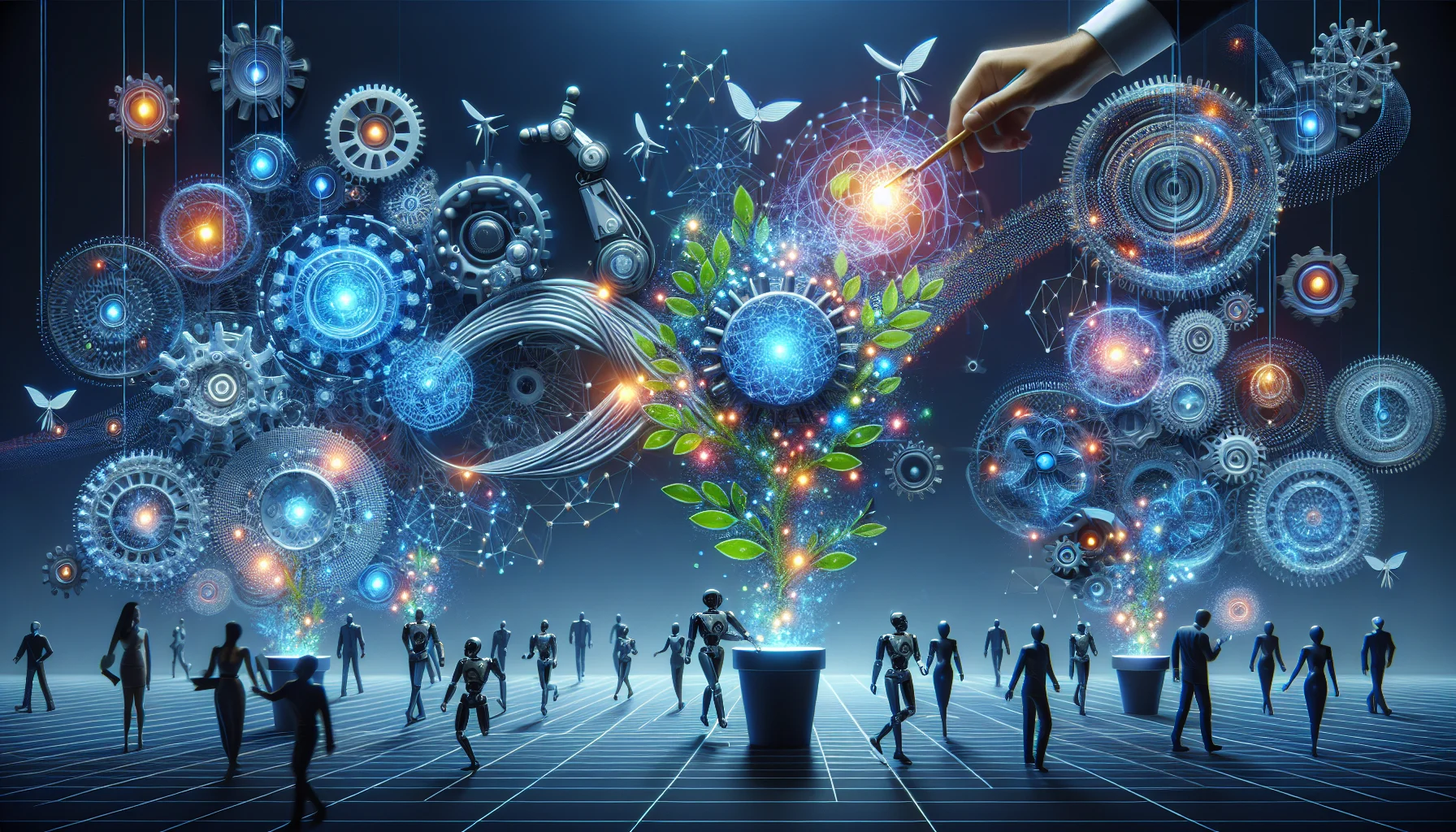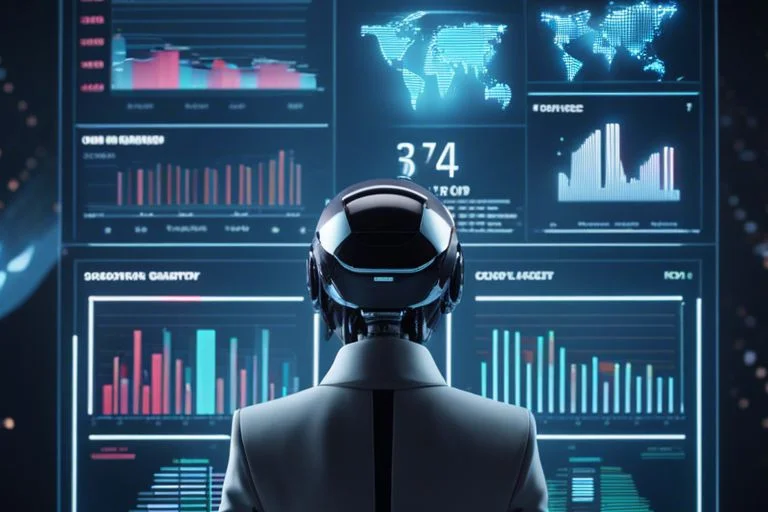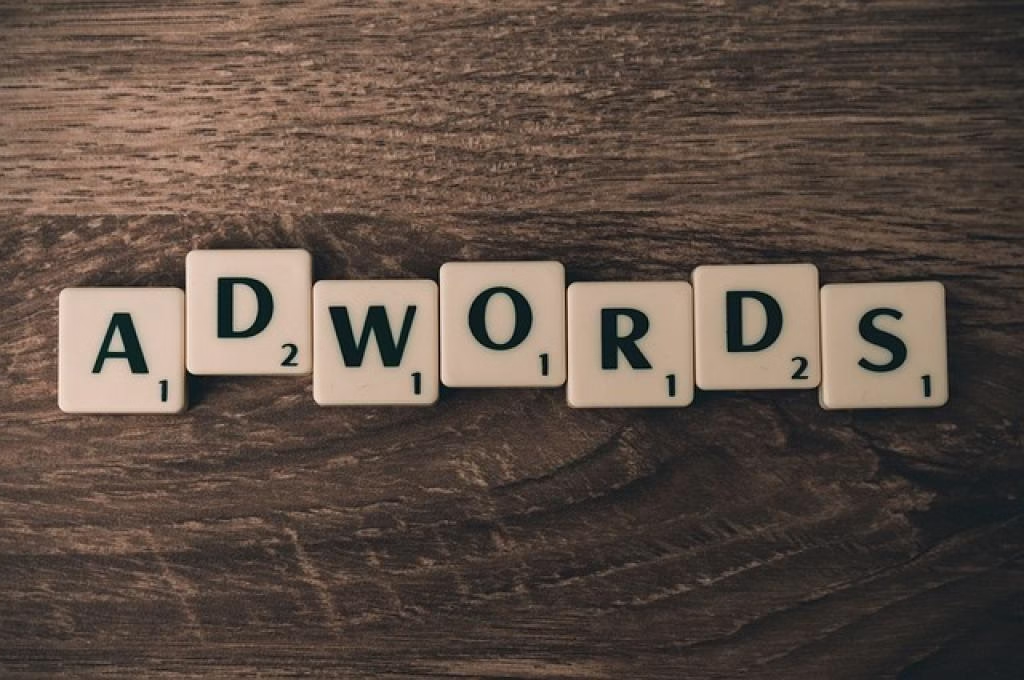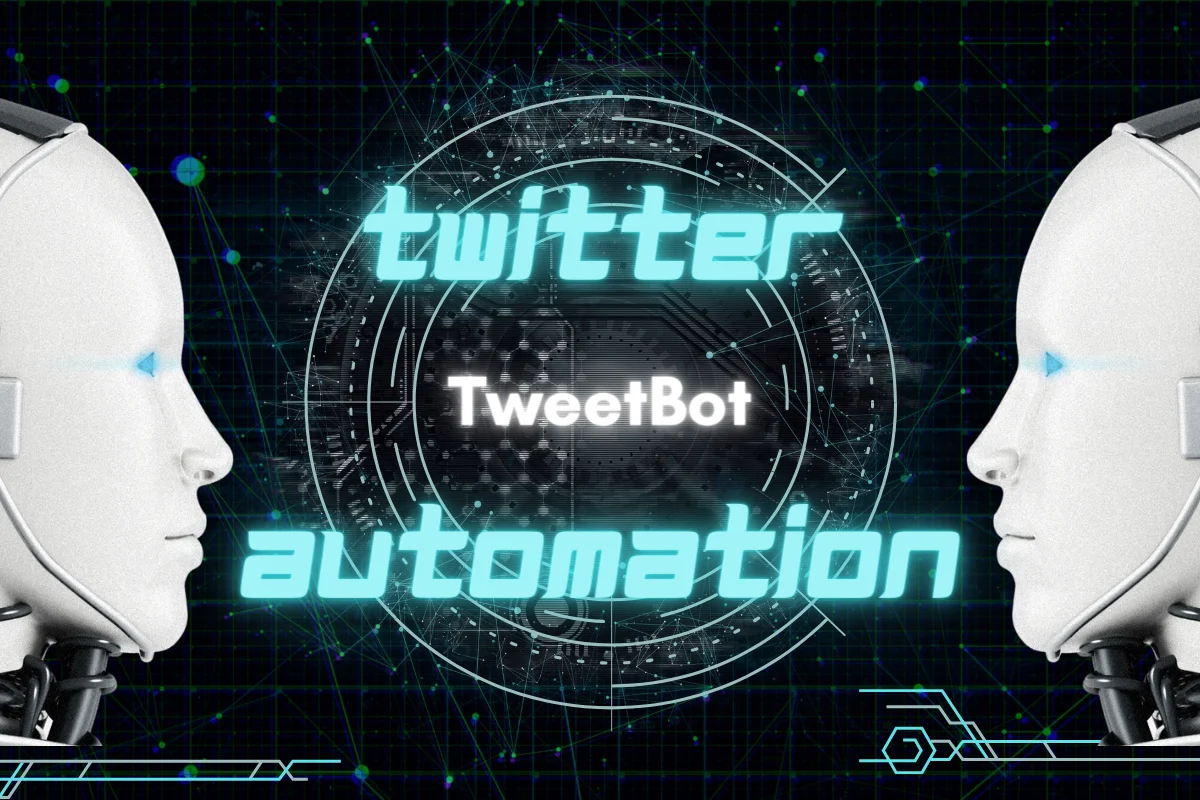Overwhelmed by the ever-changing landscape of digital marketing? Look no further. In this comprehensive guide, we will explore proven techniques to optimize your marketing strategy using AI automation. Harnessing the power of artificial intelligence can significantly improve your marketing efforts, leading to increased efficiency, higher ROI, and greater customer engagement.
Key Takeaways:
- AI automation can optimize marketing strategies: Leveraging AI automation tools can help businesses analyze data, personalize content, and streamline marketing processes to enhance overall performance.
- Improved decision-making with AI: By using AI algorithms, marketers can make data-driven decisions that lead to better targeting, customer segmentation, and ROI.
- Enhanced customer experience: AI automation can help deliver personalized content, recommendations, and interactions, creating a more tailored and engaging experience for customers.
- Efficiency and cost savings: Automation can handle repetitive tasks, optimize campaign performance, and reduce human error, ultimately saving time and resources for the marketing team.
- Continuous optimization: AI automation allows marketers to constantly analyze performance metrics, adapt strategies in real-time, and stay ahead of market trends for ongoing success.

The Foundations of AI-Driven Marketing
Defining AI Automation
With the rapid advancement of technology, AI automation has become a crucial component in optimizing marketing strategies. AI automation refers to the process of using artificial intelligence to automate tasks and processes traditionally performed by humans. This includes anything from data analysis and customer segmentation to personalized content creation and campaign optimization. By harnessing the power of AI automation, businesses can streamline their marketing efforts, increase efficiency, and drive better results.
- What is AI automation in marketing?
- How does AI automation impact marketing strategies?
- Examples of AI automation tools in marketingKey Components of AI in Marketing
With the integration of AI in marketing, several key components play a vital role in shaping successful strategies. These components include machine learning algorithms, predictive analytics, natural language processing, and image recognition technology. Machine learning algorithms enable AI systems to learn from data and make predictions or decisions without being explicitly programmed. Predictive analytics utilizes historical data to forecast future trends and behaviors, helping marketers make informed decisions. Natural language processing allows AI systems to understand and generate human language, facilitating customer interactions. Image recognition technology enables the analysis of visual content for targeted marketing efforts.
- How do machine learning algorithms impact marketing strategies?
- Importance of predictive analytics in marketing
- Role of natural language processing in AI-driven marketing
- How does image recognition technology benefit marketing efforts?If we explore deeper into the key components of AI in marketing, it’s necessary to understand how these technologies work together to drive success. Machine learning algorithms analyze vast amounts of data to identify patterns and insights that can guide marketing strategies. Predictive analytics then leverages these insights to forecast trends and behaviors, allowing marketers to proactively tailor their campaigns. Natural language processing enhances customer interactions by enabling chatbots to understand and respond to inquiries effectively. Image recognition technology further refines marketing efforts by analyzing visuals to create targeted and personalized content.
- How do machine learning and predictive analytics complement each other in marketing?
- The synergy between natural language processing and customer interactions
- Enhancing visual content strategies with image recognition technologyMarketing strategies today heavily rely on AI automation to drive success. By understanding the key components of AI in marketing, businesses can leverage machine learning, predictive analytics, natural language processing, and image recognition to optimize their campaigns. These technologies offer a range of benefits, from personalized customer interactions to targeted content creation. However, businesses must also be cautious of potential pitfalls, such as data privacy concerns and algorithm bias. By harnessing the power of AI responsibly, businesses can unlock new opportunities and stay ahead in today’s competitive landscape.
Setting the Stage for Success with AI
Despite the rapid advancement of AI technology, many businesses struggle to leverage its full potential in their marketing strategies. To optimize your marketing efforts with AI automation, it’s crucial to set the stage for success by following key steps that align your marketing goals with AI capabilities and prepare your data for seamless integration.
- Generating engaging content ideas
- Improving customer segmentation
- Enhancing personalized marketing campaigns
- Analyzing social media engagement
- Optimizing email marketing strategies
Aligning Your Marketing Goals with AI Capabilities
There’s a fundamental need to align your marketing goals with the capabilities of AI technology for a successful integration. By defining clear objectives and understanding how AI can support these goals, businesses can identify which AI tools and strategies will be most effective in achieving the desired outcomes.
- Improving customer experience with personalized recommendations
- Increasing conversion rates through targeted advertising
- Streamlining marketing automation processes
- Enhancing data analysis for more informed decision-making
- Implementing predictive analytics to anticipate customer behavior
Preparing Your Data for AI Integration
There’s a critical need to prepare your data for seamless integration with AI systems. High-quality, clean, and organized data is important for AI algorithms to generate accurate insights and recommendations. By cleansing and structuring your data effectively, businesses can maximize the efficiency and effectiveness of AI-driven marketing strategies.
- Identifying relevant data sources for analysis
- Cleaning and standardizing data for consistency
- Ensuring data security and compliance with regulations
- Integrating data from different platforms for a comprehensive view
- Applying data enrichment techniques to enhance existing datasets
Preparing your data for AI integration involves several crucial steps to ensure the success of your marketing campaigns. By aligning your marketing goals with AI capabilities and preparing your data effectively, you can leverage the power of AI automation to drive better results and achieve your business objectives efficiently and effectively.

How to Implement AI Automation in Your Marketing Efforts
Many businesses are turning to AI automation to enhance their marketing strategies. By implementing AI tools and platforms, organizations can streamline their processes, personalize customer experiences, and improve overall efficiency. Here are some chatGPT prompt samples related to this subsection:
- How can AI automation revolutionize marketing efforts?
- What are the benefits of integrating AI tools into marketing strategies?
- Which AI platforms are best suited for marketing automation?Selecting the Right AI Tools and Platforms
The selection of the appropriate AI tools and platforms is crucial for successful integration into marketing efforts. It’s necessary to consider factors such as the specific needs of your business, the complexity of the tools, and the level of customization required. Here are some chatGPT prompt samples related to this subsection:
- What are the key features to look for when choosing AI tools for marketing automation?
- How can businesses determine the best AI platform for their marketing needs?
- What are the common challenges in selecting AI tools for marketing automation?Tips for Smooth Integration of AI into Existing Workflows
The seamless integration of AI into existing workflows can be a challenging but rewarding process. It’s necessary to create a detailed implementation plan, provide adequate training for staff, and continuously monitor and adjust the system as needed. Here are some chatGPT prompt samples related to this subsection:
- What are the best practices for integrating AI seamlessly into existing marketing workflows?
- How can businesses ensure a smooth transition when implementing AI automation in marketing?
- What are the potential pitfalls to watch out for during the integration of AI into marketing efforts?To ensure a smooth integration of AI into existing workflows, businesses should consider the following:
- Planning: Develop a detailed roadmap outlining the implementation process and timeline.
- Training: Provide comprehensive training to employees to familiarize them with the new AI tools.
- Monitoring: Continuously monitor the performance of the AI system and make necessary adjustments.
- Recognizing and addressing any challenges or bottlenecks that may arise during the integration process.
To optimize your marketing strategy with AI automation, it’s crucial to select the right tools and platforms, integrate them seamlessly into existing workflows, and continually monitor their performance. By following these steps and best practices, businesses can leverage the power of AI to enhance their marketing efforts and stay ahead in a rapidly evolving digital landscape.
Personalization Techniques Using AI
Prompt samples:
1. How can AI be used to personalize marketing strategies?
2. What are the benefits of using AI for personalization in marketing?
3. Share some examples of successful AI-powered personalization in marketing.
Creating Dynamic Content Strategies
Prompt samples:
1. How can AI help in creating dynamic content strategies?
2. What are the key advantages of using AI for content personalization?
3. Can you provide examples of AI-driven dynamic content creation in marketing?
Personalization through AI allows businesses to tailor their content strategies dynamically to suit the preferences and behaviors of individual customers. By leveraging AI algorithms, marketers can analyze vast amounts of data to understand customer preferences, predict future behaviors, and deliver personalized content at scale. This level of personalization enhances customer engagement, drives conversions, and fosters long-term brand loyalty.
Enhancing Customer Segmentation and Targeting
Prompt samples:
1. How does AI enhance customer segmentation and targeting in marketing?
2. What are the advantages of using AI for precise customer targeting?
3. Can you provide examples of successful AI-driven customer segmentation strategies?
Little by little, AI is revolutionizing the way businesses approach customer segmentation and targeting. By utilizing AI tools, marketers can analyze customer data in real-time, identify micro-segments within their target audience, and personalize campaigns to cater to the unique needs of each segment. This level of precision leads to higher conversion rates, increased ROI, and improved overall marketing effectiveness.
This advanced use of AI in marketing enables companies to effortlessly deliver personalized content, optimally target their audiences, and strategically position their brand in the fiercely competitive market landscape.
Optimizing Campaign Performance with AI
- How can AI optimize campaign performance?
- What are the benefits of using AI in marketing campaigns?
- Can AI help with targeting specific audiences?
Automating A/B Testing and Data Analysis
- How can AI improve A/B testing processes?
- What role does AI play in data analysis for marketing campaigns?
- Can AI help in identifying trends and patterns in marketing data?
Real-Time Adjustment of Marketing Campaigns
- How does real-time adjustment work in marketing campaigns with AI?
- What are the advantages of adjusting campaigns in real time?
- Can AI help in optimizing marketing campaigns on the go?
Assuming you want to maximize the effectiveness of your marketing campaigns, leveraging AI for real-time adjustments can be a game-changer. By allowing AI algorithms to monitor campaign performance continuously, you enable quick adaptations based on emerging trends and customer behaviors. This proactive approach ensures that you are always one step ahead, optimizing your strategies for the best possible outcomes.
With the ability to make split-second decisions and adjustments, AI-driven tools can fine-tune your marketing efforts in real time. By constantly analyzing data and customer interactions, AI can automatically adjust ad placements, messaging, and targeting to ensure maximum engagement and conversion rates. This level of automation not only saves time and resources but also significantly boosts the overall performance of your campaigns.
This automated approach to campaign optimization with AI not only streamlines processes but also enhances the overall efficiency and impact of your marketing efforts. The real-time adjustments facilitated by AI can lead to improved audience targeting, increased conversion rates, and higher ROI. By harnessing the power of AI in marketing, businesses can stay competitive in the ever-evolving digital landscape while delivering more personalized and effective campaigns to their target audience.
Factors Influencing the Success of AI Marketing Automation
Not all AI marketing automation strategies are created equal. Success in leveraging AI for marketing depends on a variety of factors that can influence outcomes significantly. Here are some key elements to consider:
- How to effectively integrate AI into existing marketing workflows.
- Understanding the data requirements for AI algorithms to function optimally.
- Identifying the right KPIs to measure the effectiveness of AI-driven campaigns.
- Ensuring that AI automation is aligned with overall marketing goals and strategies.
- Integration: Ensuring seamless integration of AI tools with existing systems is crucial for success.
- Data: The quality and quantity of data available directly impact the performance of AI algorithms.
- KPIs: Setting clear and relevant KPIs helps in measuring the impact and ROI of AI marketing efforts.
This comprehensive approach will increase the likelihood of success in implementing AI marketing automation strategies.
Understanding the Limitations of AI
Some businesses may overlook the limitations of AI in marketing automation, leading to unrealized expectations and suboptimal results. It’s crucial to grasp the following aspects when applying AI in marketing strategies:
- Recognizing that AI is only as good as the data it is trained on.
- Understanding the boundaries of AI in creative and intuitive tasks.
- Being aware of the potential biases that AI algorithms might exhibit.
- Acknowledging that AI can enhance but not entirely replace human creativity and decision-making.
By acknowledging and working within these limitations, businesses can deploy AI in a more realistic and effective manner.
Human Oversight and AI Collaboration
Some level of human oversight and collaboration is crucial when implementing AI marketing automation. While AI can streamline processes and improve efficiency, human input remains crucial in several areas, including:
- Ensuring ethical use of AI and maintaining brand values.
- Fine-tuning AI algorithms based on changing market dynamics.
- Creatively interpreting AI-generated insights for innovative marketing strategies.
- Handling exceptions and unpredictable scenarios where AI may fall short.
Clearly defining the roles of AI and humans in the marketing automation process leads to a more harmonious and productive collaboration.
A comprehensive understanding of these factors is crucial for businesses looking to optimize their marketing strategies through AI automation. While AI offers tremendous potential for enhancing marketing efforts, it’s crucial to realize the importance of human oversight and the limitations of AI. By balancing the strengths of AI with human creativity and decision-making, businesses can create a powerful marketing strategy that leverages the best of both worlds.
Measuring the Impact of AI on Marketing ROI
Now, let’s explore into the crucial aspect of measuring the impact of AI on marketing ROI. Effectively assessing the return on investment from AI automation in marketing is vital to determine the effectiveness and efficiency of your strategies. By tracking key performance indicators (KPIs) and analyzing data insights, you can understand the direct correlation between AI implementation and your marketing outcomes.
- How has AI automation influenced marketing ROI?
- What are the key metrics to measure the impact of AI on marketing ROI?
- Can AI help in increasing marketing ROI and how?
- Examples of successful marketing campaigns driven by AI automation
Key Performance Indicators to Watch
Performance tracking is vital to evaluating the impact of AI automation on marketing ROI. Key performance indicators (KPIs) such as conversion rates, customer acquisition costs, customer lifetime value, and click-through rates can provide valuable insights into the effectiveness of your AI-driven marketing campaigns.
- How can KPIs be used to measure the impact of AI on marketing ROI?
- Examples of KPIs that indicate the success of AI-based marketing strategies
- Importance of tracking KPIs in evaluating marketing ROI with AI automation
- Tips for setting up KPIs to monitor the impact of AI on marketing performance
Long-Term Benefits of AI Automation in Marketing
The integration of AI automation in marketing offers numerous long-term benefits that can revolutionize your marketing strategies. By leveraging AI technologies for personalized content creation, predictive analytics, customer segmentation, and marketing automation, businesses can enhance customer engagement, drive conversions, and improve overall ROI over time.
- How does AI automation contribute to long-term success in marketing?
- Benefits of using AI for customer segmentation and personalized marketing
- Long-term impact of AI automation on improving customer engagement and loyalty
- Examples of companies that have achieved sustainable growth through AI-driven marketing strategies
The adoption of AI automation in marketing can yield significant improvements in efficiency, effectiveness, and ROI. By leveraging AI technologies to analyze data, personalize marketing campaigns, and optimize customer experiences, businesses can stay ahead of the competition and drive sustainable growth. Monitoring KPIs and analyzing long-term trends are crucial for understanding the true impact of AI automation on marketing performance and ensuring continued success in the digital landscape.
Scaling Your Marketing Efforts with AI
Your marketing efforts can be significantly enhanced by leveraging AI technologies to scale operations, personalize interactions, and drive more impactful campaigns. AI automation can help streamline processes, analyze data more efficiently, and optimize your overall marketing strategy. By incorporating AI into your marketing initiatives, you can achieve higher levels of productivity and effectiveness.
- How can AI streamline marketing operations?
- What are the benefits of personalizing marketing with AI?
- How does AI optimize campaign performance?Tips for Expanding Your AI Integration
For businesses looking to expand their AI integration, here are some key tips to consider:
- Start Small: Begin by implementing AI in one area of your marketing strategy before scaling up.
- Invest in Training: Ensure your team is equipped with the necessary skills to leverage AI effectively.
- Monitor Performance: Regularly track and analyze the outcomes of your AI-powered campaigns to make informed decisions.
The successful integration of AI into your marketing strategy can lead to improved efficiency, better decision-making, and increased ROI. The key is to continuously optimize and adapt your approach to make the most of AI technology.
Future-Proofing Your Marketing Strategy
For businesses aiming to future-proof their marketing strategy with AI, consider the following:
- How can AI be used to predict market trends?
- What are the impacts of AI on consumer behavior analysis?
- In what ways can AI enhance customer engagement?Any forward-thinking marketing strategy should incorporate AI technologies to stay ahead of the curve. AI can provide valuable insights, automate repetitive tasks, and improve the overall customer experience, leading to long-term success in a rapidly evolving digital landscape.
With AI integration in your marketing strategy, you can unlock new levels of efficiency and effectiveness in your campaigns. By harnessing the power of AI technologies, you can personalize customer interactions, optimize targeting strategies, and analyze vast amounts of data with precision. Embracing AI automation is not just a trend but a necessary step for businesses looking to thrive in the modern marketing landscape.

Conclusion
The implementation of AI automation in your marketing strategy can significantly streamline processes, improve efficiency, and boost overall performance. By leveraging proven techniques such as predictive analytics, personalized customer experiences, and automated data analysis, businesses can achieve targeted results with greater precision and effectiveness.
The future of marketing lies in embracing AI technology to optimize campaigns, enhance customer engagement, and drive sustainable growth. By integrating AI automation into your marketing strategy, you can stay ahead of the competition, adapt to evolving consumer behaviors, and maximize your ROI in the digital age.
FAQ
Q: What is AI automation in marketing?
A: AI automation in marketing refers to the use of artificial intelligence technologies to streamline and optimize marketing processes such as targeting, content creation, and campaign management.
Q: How can AI automation improve my marketing strategy?
A: AI automation can improve your marketing strategy by analyzing large amounts of data to identify trends, personalize content for target audiences, and optimize campaign performance in real-time.
Q: What are some proven techniques for optimizing marketing strategy with AI automation?
A: Some proven techniques for optimizing marketing strategy with AI automation include predictive analytics for better targeting, chatbots for personalized customer interactions, and automated A/B testing for optimizing campaign elements.
Q: How can AI automation help in increasing customer engagement?
A: AI automation can help increase customer engagement by delivering personalized content based on user preferences, providing real-time customer support through chatbots, and sending targeted offers and recommendations to customers.
Q: Is AI automation cost-effective for all businesses?
A: While AI automation can provide significant benefits for marketing strategy optimization, the cost-effectiveness may vary depending on the size and needs of the business. Small businesses can start with affordable AI tools and scale up as they grow.
















